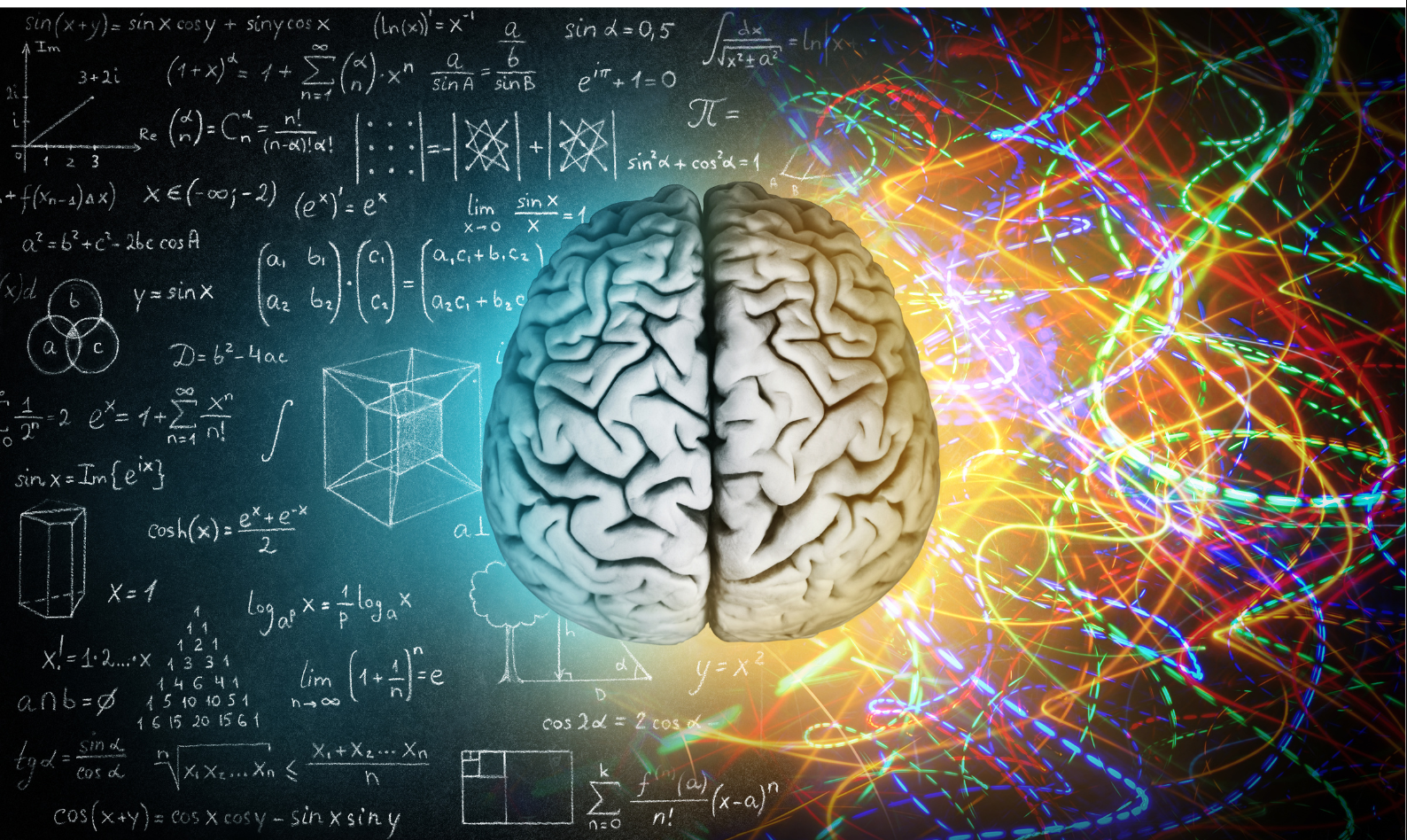What Is Reframing and Why Use It in Conflict
‘…reframing is the process of changing the way a thought is presented so that it maintains its fundamental meaning but […]
Read complete blog >>
It’s not a brain scan. It’s not surgery. It does not involve injections. Or pendulums. Or trick questions. Or anything you see on TV.
Neuropsychological assessments speak of the stories that are hidden beneath your real, lived, and difficult experiences that don't make sense even after all medical tests are exhausted. Some of the problems and disorders that neuropsychologists commonly work with include:
Most times, people are referred for neuropsychological assessments when most other efforts (i.e., tests and interventions) have reached their limits but uncertainty and ambiguity remain. You may seek or be referred for a neuropsychological evaluation to clarify diagnoses, plan interventions, establish your cognitive baseline (i.e., your brain's functioning when healthy), understand your strengths and weaknesses, evaluate the effect of your treatments or medications, or help physicians determine if you would be an appropriate candidate for a given treatment.
Neuropsychology assessments provide a comprehensive and detailed understanding of 1) what your brain is capable of doing and 2) how you can use specific skills (or domains) such as attention, learning and memory, language, visual spatial abilities, executive functioning, psychomotor abilities, emotions, and behavior.
With the help of some seemingly simple but carefully designed and extensively researched methods, neuropsychologists first seek to learn as much as they can about your life, what you can do, and what you struggle with across your skillset. They then review your data in the context of others with a similar profile as you, other abilities within your own profile, and scientific theories and evidence.
So much of this can be influenced by a person’s background and experience. Particularly in the UAE, neuropsychologists take particular care to adapt the process to the culture and language of the person. Currently assessments are conducted in English, Arabic, and French in the UAE. When testing in a certain language is not possible, various accommodations are made (for example, using the services of a translator) while also ensuring that the credibility of the process is not affected.
The entire process can take anywhere between 6 to 13 hours, depending on the presenting problems and other logistics. You will be invited to three parts of this process:
As a neuropsychologist in the UAE, I have come across questions and concerns, especially from children, about whether I will open their heads and mess with their brains. Be assured that there is nothing physically invasive about neuropsychological evaluations. Instead, neuropsychologists ask you to undertake specific tasks to estimate and observe how your brain works to make you act and feel in certain ways.
Another question that has become a staple is whether I would be reading people's minds. While I wish I had the power to know all that everyone thinks and feels, I am afraid it was not part of any bachelors, masters, or doctoral curriculum. What we can do as neuropsychologists is ask you about your experiences (through conversations and questionnaires). This allows us to explain what you express based on what we know through the most recent and robust developments in science.
Humans are complex. And so are their problems. A brain scan might only tell you what your brain looks like, what parts are in good shape, and what parts aren't. Beyond this, they are less effective in identifying how your brain works.
Take, for example, attention. Problems with concentration or focus are one of the most common reasons why people seek my services. Completing an online survey or reviewing symptoms on WebMD may convince you that you have ADHD (which is a brain-based condition). But how would you know if your inattention is because of problems with your brain's attention system, and not because that system is hijacked by stress from all the work you have left to do? Or because your mind is overwhelmed by constant thoughts about horrific events from your past? Or because what you are trying to focus on is just plain boring?
Any one of these things can affect and cause attentional issues. More often than not, it is a bunch of different things that come together to cause neuropsychological problems. This is probably why I have never seen two patients whose problems were exactly the same, even if they were reporting similar symptoms. So, understanding how symptoms occur within each person, and accurately pinpoint what causes your symptoms becomes important in identifying the right support and interventions. This requires a level of nuance that can only be realized with time and expertise.
The assessment process can be effortful and packed with information. Here's a few things to note:
Articles on www.hoopfull.com may feature advice and are for informational purposes only. It is not intended to be a substitute for medical advice, diagnosis or treatment from a trained professional. In an emergency, please seek help from your local medical or law enforcement services.
Keep up to date with the Hoopfull community.

‘…reframing is the process of changing the way a thought is presented so that it maintains its fundamental meaning but […]
Read complete blog >>
The conscious and the unconscious mind The conscious and unconscious are terms used in psychology to describe different layers of […]
Read complete blog >>
Parenting is hard. Parenting with unresolved childhood trauma is extremely difficult. As parents, we must make sure that we have […]
Read complete blog >>